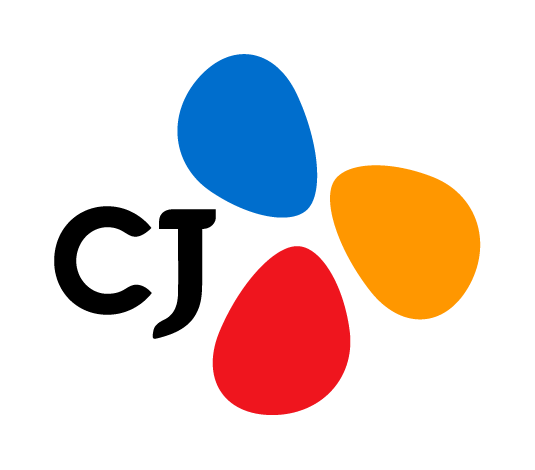
Hayoun Kwon: Virtually Real
Presented by Los Angeles Filmforum and GYOPO
Sunday, December 10, 2023
7:30 PM PST
2220 Arts + Archives
2220 W. Beverly Blvd., Los Angeles, CA
Los Angeles Filmforum and GYOPO are thrilled to welcome internationally acclaimed media artist Hayoun Kwon to present her immersive digital animation work in her first solo screening in Southern California. Originally from South Korea, Paris-based Kwon employs numerous tools – including first-person game engines, VR, and various forms of CG – to conjure worlds both real and imagined in a startling documentary mode that blurs the lines between evidence and speculation. Kwon is a rare artist whose dazzling visuals and technological engagement are fully matched and dimensionalized by her powerfully critical perspective and subtle conceptualizing and framing of her subject matter.
Her early breakout film Lack of Evidence (2011), conjures landscapes and spaces of uncertain stability in telling the dramatic story of a young Nigerian’s application for asylum in France. In three remarkable pieces from 2013-2015, Kwon examines the border and DMZ between North and South Korea, allowing three very different technical and aesthetic strategies to enable deep critical and poetic investigation of the implications of this highly politicized frontier. In her more recent work, her subjective and vivid documentary mode of inquiry has employed VR and interactivity as the spectator inhabits fantastic but complex landscapes of unexpected social and political resonance.
With support from the Mike Kelley Foundation for the Arts, Filmforum has been honored to commission a new work from Hayoun Kwon, and this film,The Butterfly Dream, will have its premiere in our screening, followed by an in-person discussion with Kwon and filmmaker, curator, and film preservationist, Mark Toscano.
Exhibition Walkthrough with Artist Mirae kh RHEE and Curator Rachel Jans 친구들하고/With Friends Video Screening
Co-presented with Korea Arts Foundation of America (KAFA) and Korean Cultural Center, Los Angeles (KCCLA)
Saturday, December 2, 2023
11 AM – 2 PM PST
Korean Cultural Center Los Angeles Art Gallery – 2nd Floor
5505 Wilshire Blvd
Los Angeles, CA 90036
GYOPO is excited to co-present with the Korea Arts Foundation of America (KAFA) and the Korean Cultural Center, Los Angeles (KCCLA) programming on the occasion of Missing Merope, the 18th KAFA Awardee exhibition.
Artist Mirae kh RHEE and curator Rachel Jans will lead an intimate tour of Missing Merope, followed by a conversation. After a refreshment break, join us for 친구들하고/With Friends, a screening of experimental video works by RHEE, kimura byol, Joy Dietrich, Eunha Lovell, Alex Myung, Leah Nichols, and KimSu Theiler. Mirae kh RHEE invited international Overseas Adopted Korean artist friends, old and new, to contribute their short experimental moving images that challenge and inspire our community with themes of racial, cultural, gender and sexual identity, belonging, naming, kinship, and empowerment.
*Missing Merope exhibition will be on display at KCCLA until December 1, 2023. Monday to Friday from 10 AM – 5 PM PST
*Parking lot available for attendees.
Transnational Queering
Saturday, November 18, 2023
3 PM – 4:30 PM PST / 7:00 – 8:30 AM KST
🌐 Virtual/Online with ASL Interpretation
Have you ever wondered if queerness can be used to describe the experience of being “othered,” even in one’s very own “motherland?” Join GYOPO’s next program, as we go through the lens of contemporary practices and the lived experiences of artists bending barriers of gender. Transnational Queering considers the nuances of queering, and poses the question of how, or if, queering can be used in non-gendered terms to define the experiences of individuals who embody the varying intersections between the LGBTQ+ communities, those heralding from the “global majority,” and peoples with varying immigration statuses. Artists 𝐊𝐢𝐚𝐦 𝐌𝐚𝐫𝐜𝐞𝐥𝐨 𝐉𝐮𝐧𝐢𝐨, 𝐋𝐚𝐧 𝐓𝐡𝐚𝐨, 𝐋𝐚𝐧𝐚 𝐋𝐢𝐧, and 𝐬𝐢𝐫𝐞𝐧 𝐞𝐮𝐧 𝐲𝐨𝐮𝐧𝐠 𝐣𝐮𝐧𝐠 focusing on how each explores ideas of queering, followed by a discussion centered around the queering of home and belonging, moderated by 𝐀𝐧𝐧𝐚 𝐌. 𝐌𝐨𝐧𝐜𝐚𝐝𝐚 𝐒𝐭𝐨𝐫𝐭𝐢.
Screening 1: Friday, April 7th, 2023
7:10 PM PDT
Laemmle Royal
The Screening will begin with an introduction by Steven Yeun, followed by a Q&A with director Amanda Kim, moderated by producer Christine Oh.
Post Screening Party hosted by GYOPO and actor Steven Yeun
Screening 2: Saturday, April 8th, 2023
7:10 PM PDT
Laemmle Royal
Hosted by GYOPO, followed by Q&A with director Amanda Kim, moderated by artist Na Mira
Nam June Paik: Moon Is the Oldest TV traces the life and work of the avant-garde artist best known as the father of video art. Narrated by Oscar® nominee Steven Yeun. The film explores the chronicle of the life and times of Nam June Paik, a pillar of the American avant-garde in the 20th century. Widely regarded as the father of video art, who coined the phrase “Electronic Superhighway,” Paik is arguably the most famous Korean artist in modern history. Feature readings of the artist’s writings by executive producer Steven Yeun (Minari, Nope).
Budoji Program with Seo Choi
Saturday, September 16th, 2022
2 PM–4 PM PDT / 5 PM–7 PM EST
Virtual / Online
Join GYOPO for an online gathering and creative exercise workshop with author Seo Choi! Seo’s work Budoji: A Tale of the Divine City of Ancient Korea is the first English translation and publication of the text originally written by a loyal Silla official named Jesang Park (363-419 CE).
Budoji contains the culture and early beliefs of Ancient Joseon, which include stories about the creation of the world as well as the origins, the evolution, and the migratory movements of the Korean people. Since ancient times, humans have felt a sense of awe and reverence towards supernatural powers. In the era Budoji describes, this was expressed in the worship of the sky through offerings and rituals called jesa (제사). Seo will share the story of the creation of the universe and humanity by Goddess Mago. Seo will also be joined by artist Meesha Goldberg, who will share her creative process of making the paintings included in Budoji. Together, Seo and Meesha will also facilitate a creative exercise for all attendees. Come with your pens, brushes, or any other creative tools of choice!
GYOPO’s 5th Annual Chuseok Benefit
Honoring Randall Park
Hosted by Helen Park
Saturday, September 30, 2023
11 AM — 2 PM PDT
Los Angeles
GYOPO invites you to attend our 5th Annual Chuseok Benefit brunch presented by CJ on September 30, 2023, from 11 AM to 2 PM, hosted by Helen Park. This year’s honoree is director, writer, and producer, Randall Park. It’ll be a sun-filled evening to celebrate Park, his contributions to Film & TV, support to the Asian American community, and resolute mission to shift pop culture forward. We also celebrate his directorial debut, Shortcomings (2023) with Imminent Collision, the production company founded by Park alongside producer Hieu Ho and screenwriter Michael Golamco.
Chuseok is the Korean harvest festival, which is a time to gather in the spirit of abundance, gratitude, and solidarity. We hope you will be part of this momentous Chuseok celebration and support GYOPO, a collective of diasporic Korean cultural producers and arts professionals generating and sharing progressive, critical, intersectional, and intergenerational discourses, community alliances, and free educational programs in Los Angeles and beyond. All proceeds from the benefit go towards our year-round free public programming and fund GYOPO’s broader mission of generating progressive, critical, intersectional, and intergenerational discourses and community alliances among diasporic Korean cultural producers and art professionals. Tickets will not be sold on site.
For more information contact development@gyopo.us. For press inquiries contact jenny@gyopo.us.

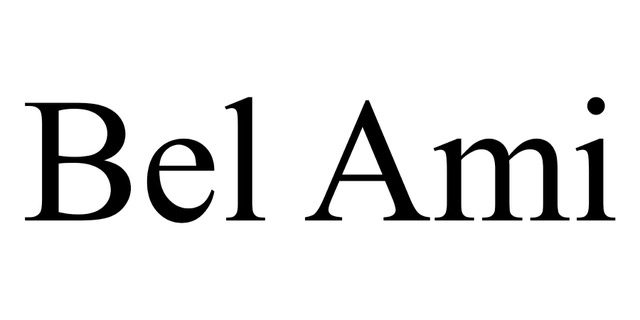





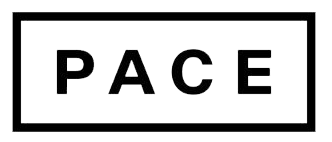
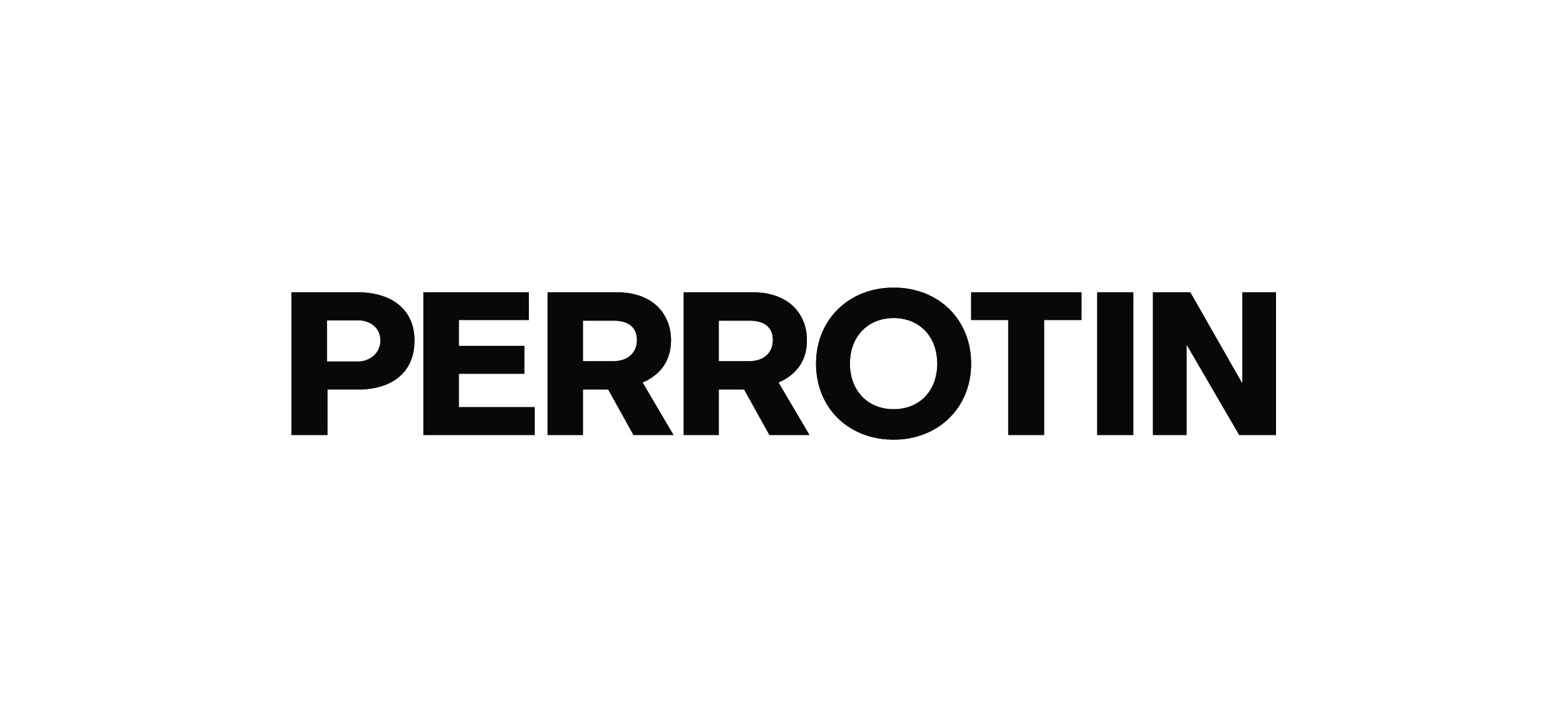



Susan Baik, John Cho, Julie Cho & David Nam, Kathy Choi, Sandy Choi, Merle Dandridge, Samie Kim Falvey, Andrea Lee Greenburg, Cathy Park Hong, Eungie Joo, Lisa and Emil Kang, Joan Kee, Christine Sun Kim, Christine Y. Kim, Kathleen C. Kim, Robin-Hwajin Yoon Kim, Miyoung Lee, Brittany Levinson, Carol Lim, Grace Lee Lim, Mia Locks, Catherine Park, Helen Park, Gala Porras-Kim, Jai Lee Wong & Kent Wong, Ann Soh Woods, Anicka Yi, Salle Yoo & Jeff Gray.

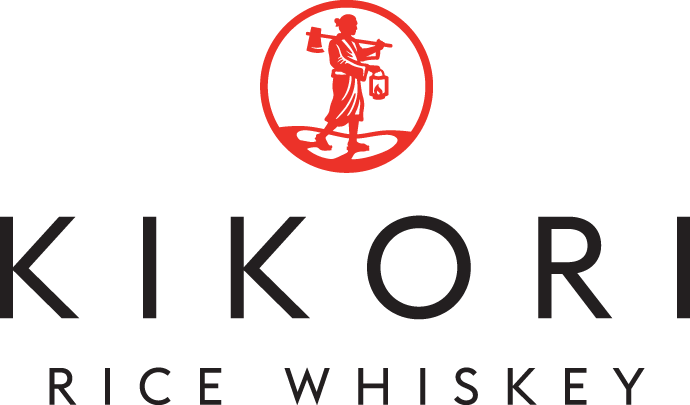
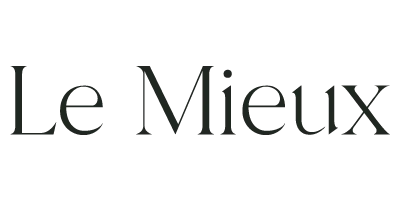
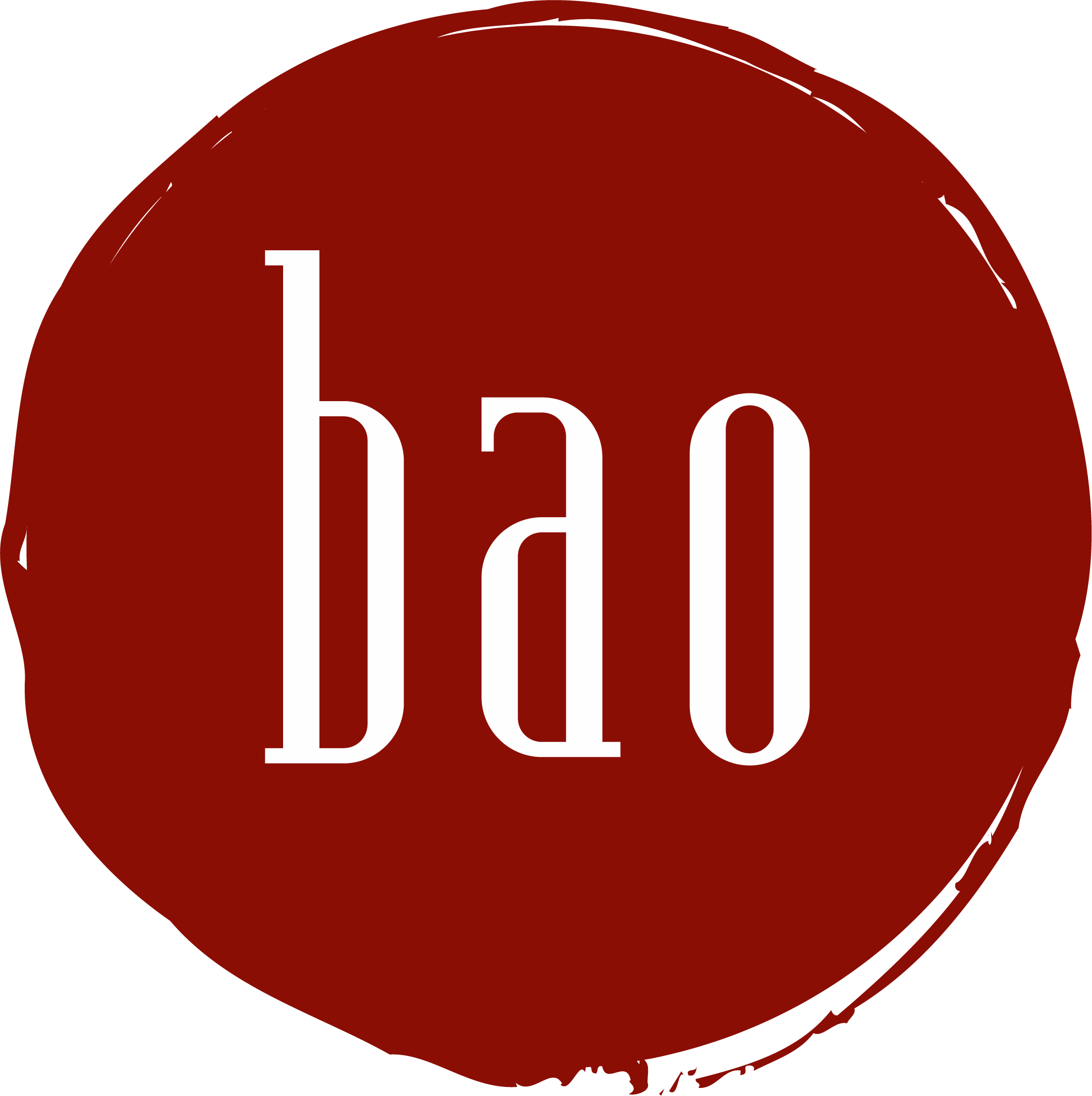




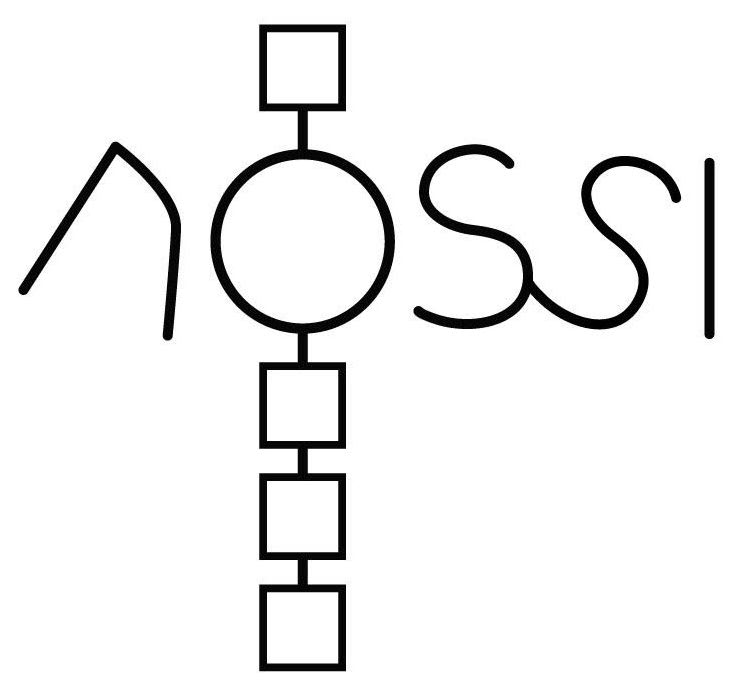

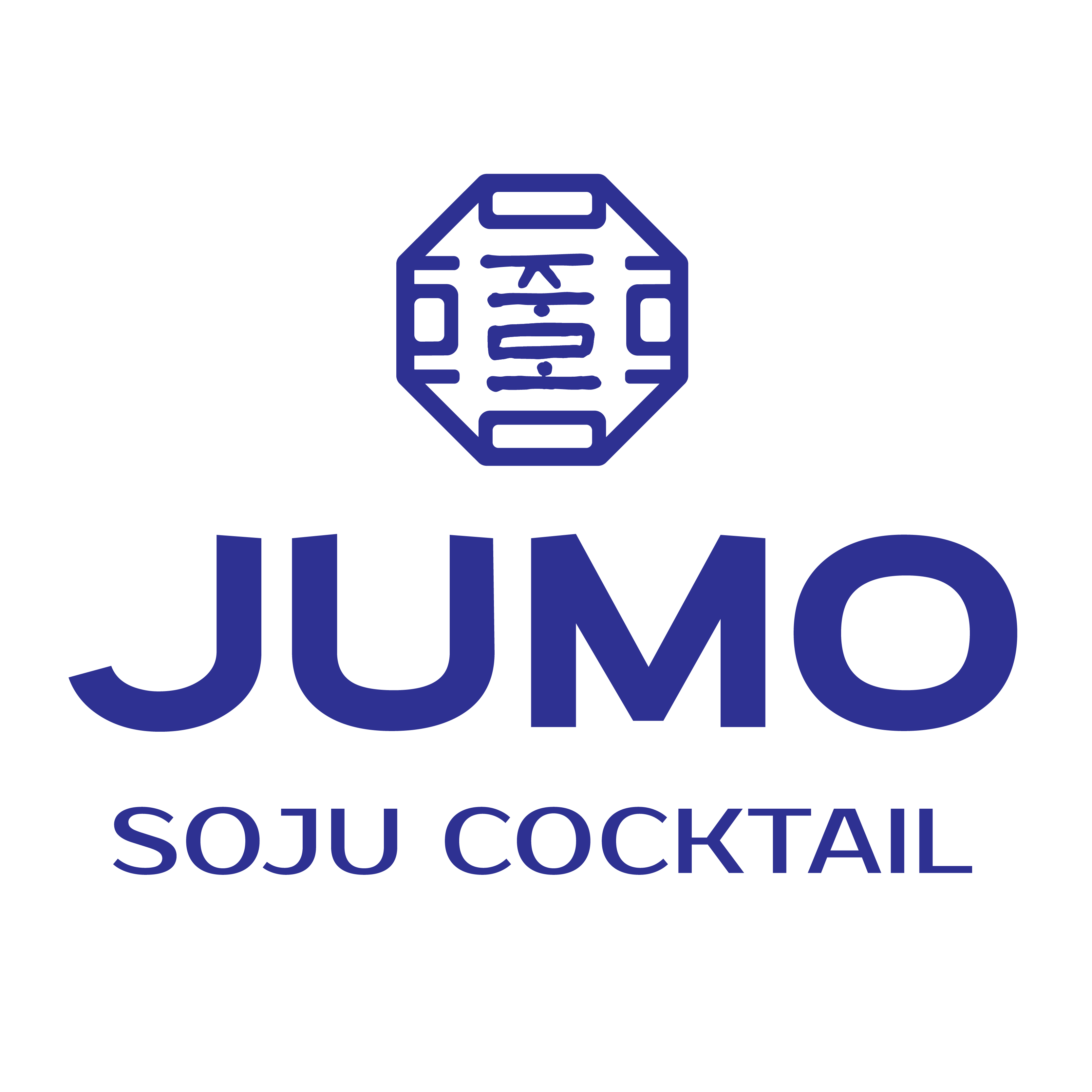
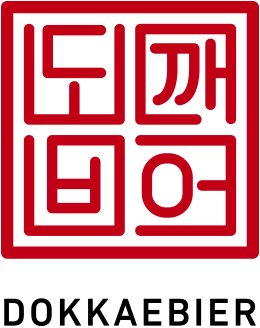
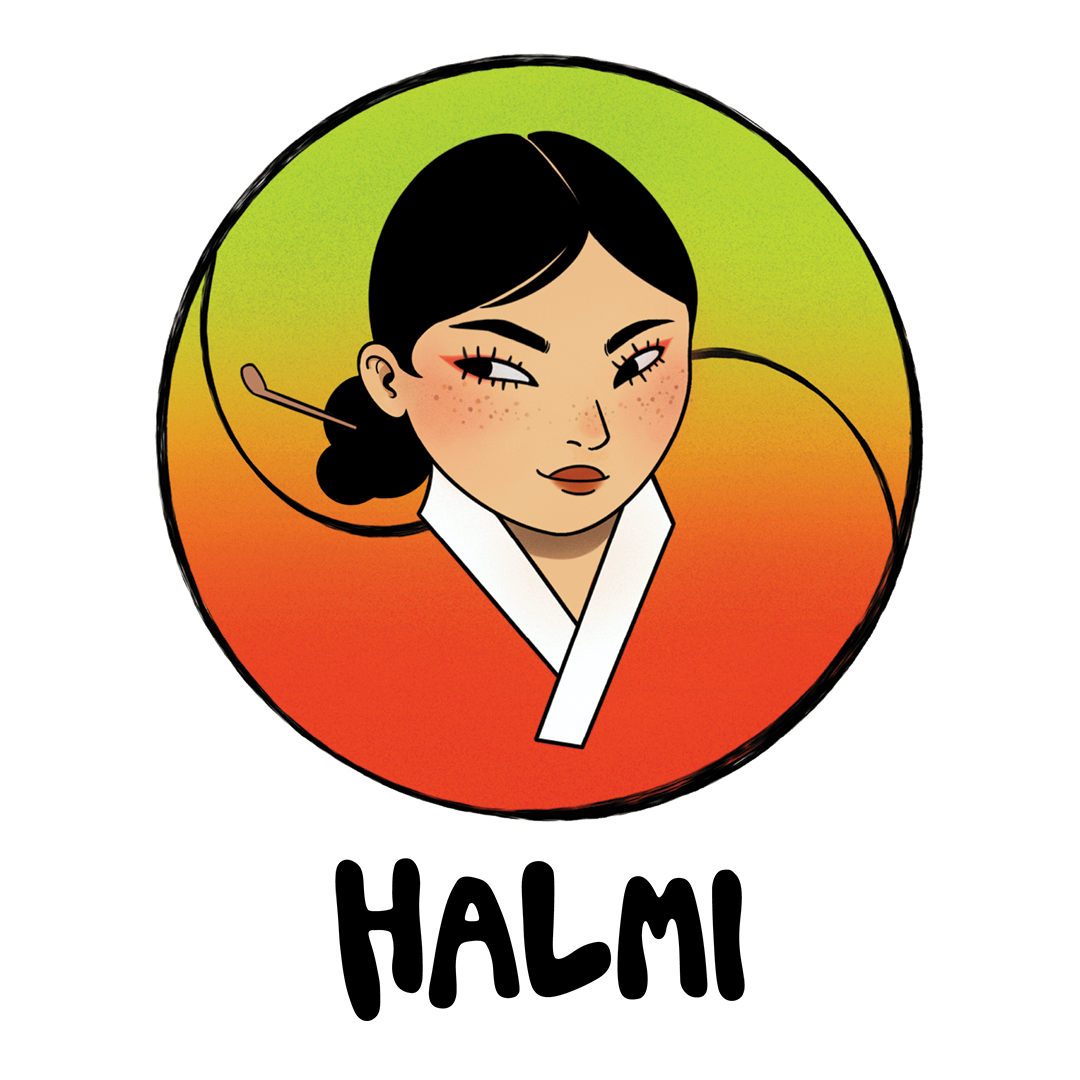
The event would not be possible without the hard work of the GYOPO benefit planning committee:
Alex Ahn, Jackilin Hah Bloom, Jenny Bong, Julie Cho, Naree Kae, Grace Kao, Christine Y. Kim, Eric Kim, Kibum Kim, Ji Lee, Yoon Ju Ellie Lee, Danielle Lew, Catherine Park, Jeanha Park, Ann Soh Woods, Cat Yang
A conversation with GYOPO volunteers Cathi Choi, Alison Choi, and Haeri Lee on the US travel ban on North Korea and the Korea peace movement.
July 27 marked 70 years since the signing of the Armistice Agreement that halted — but did not end — the Korean War. On this occasion, the Korea peace activist organization Women Cross DMZ, along with co-convener partners, hosted a three-day national mobilization in Washington DC, Korea Peace Action: National Mobilization to End the War. To this day, the Korean Peninsula is still divided and remains locked in a state of war, as no official peace treaty has been signed. Cathi, Alison and Haeri attended the mobilization as young Korean American activists advocating for President Biden to end the Korean War and lift the US travel ban on North Korea.
Alison:
Cathi, during the Korea Peace Action week, you asked us, “Who are you bringing to this Korea peace movement?” I wanted to revisit that question here.
Haeri:
When I first heard that question [in July], I thought of the history of this movement and how many people have paved the way to reunification for us: the millions of Korean activists, organizers, workers and students who are counting on us, Koreans who live in the U.S., to pressure the U.S. government to lift the travel ban and sanctions on the DPRK and support a peace treaty. They are the ones who resisted the U.S. military occupation of South Korea from 1945-1954, they are the ones who defend the rights of the working class, the disabled, the elderly and children, they are the ones who are opposing the noxious impact of U.S. militarism in Korea and calling for reunification in Korea to this very day and far beyond. We as Koreans of the diaspora must commit to helping them heal our fractured homeland.
I also brought my family to this mobilization, my dad in particular. He was deeply committed to his work about ROK-DPRK relations, though from a conservative stance. Had he been around longer, I am certain we would have had serious conversations about these topics, and that I would have shifted his views. I have imagined countless conversations with him about the future of Korea, and while attending the mobilization, I imagined him standing right next to me, lending me his strength and focus.
I also brought my mother, who used to hold similarly conservative views as my dad, but after years of us talking and me offering her different historical perspectives, my mom now understands that she was taught modern Korean history from an extremely narrow view. She, like many proud Korean nationalists of her generation, thought of the Korean War as a shameful taint on Korea’s history, preferring to focus on the economic growth of the ROK in the 70s and 80s, which was the result of over-working millions of Korean workers, condensing power into the conglomerates, and neoliberal financialization. Now, I believe my mother and I are at this incredible middle ground politically when it comes to understanding modern Korean history. We are never alone in wanting peace on this peninsula. We were taught such a narrow view on the issue of Korean unification growing up, but we can gain power from learning our deep history while we are in this movement. I feel not alone; like our shoulders are being held.
Alison:
My first thought on this question went to my family. My grandparents literally experienced the war. Even though we’ve disagreed about our beliefs and ways of carrying out life, and their values about wealth and religion, I bring them in. I think a lot about my North Korean heritage because I’ve been so alienated from that part of me. I have never touched the soil of North Korea. Due to Western stigma against North Korea, I also never felt understood around my whole Korean identity as a child, and I feel like I’m reconnecting with it. My desire for unification is an embodied longing for connection with where I’m from. For myself and all Korean people.
At the same time, as a new activist in this movement, I can’t pinpoint every reason and person I’m bringing into the space, but I know I’m supposed to be here.
Cathi:
What Alison said about embodied knowledge is so important. For gyopos especially, trusting our bodies and intuition can be a strange and confusing journey because we have often been severed from direct experiences, like touching the land of our ancestors, as you said. I also relate to your point about not knowing exactly who I’m bringing in. It changes day-to-day. My paternal side comes from the north, and several relatives visited the DPRK prior to the 2017 travel ban. I am slowly learning to carry my family from all across the peninsula, on both sides of the DMZ, and from across the diaspora. I am also bringing in my chosen family from all chapters of my life – people who are not necessarily in Korean organizing spaces but in spaces like abolitionist and other diasporic liberation movements. I am so deeply grateful to them. Drawing lines between these different movements and diasporic communities is crucial.
Cathi:
To even dream about the possibility of lifting the travel ban or reunification can feel terrifying because fighting for change opens you up to heartbreak. So some may be tempted to settle instead into pessimism and dismiss any attempts for change as “naive.” A Korean elder organizer described this tendency as “so Korean”: to break your own heart, before anyone else can break it for you. However, in DC we learned how our predecessors across generations paved the way for us. We saw how individuals across generations take action – “big” and “small” – to change the world. All of this is empowering. As Haeri said, our shoulders are definitely held. We are just part of a wider tapestry – members of a resilient community that has long been fighting to end this war, end the draconian travel ban, and lift the deadly sanctions imposed on the DPRK.
Alison:
Historically, we’ve been pounded by grief. That embodied knowing of wanting to reunite our homeland involves politics that will make you challenge all that you know and have been taught. It creates a real reality check. American politics can become obscured.
Haeri:
As one of the many crucial steps that must be taken that leads towards the ultimate goal of an official peace treaty, lifting the travel ban will allow meaningful communication and exchange with the DPRK. Prior to 2017, separated families were reunited and humanitarian workers, students and scholars engaged in rich cultural and academic exchanges across borders. These channels of connection came to a sudden halt in 2017 when Trump issued the travel ban, restricting U.S. passport holders from visiting the DPRK. Koreans with U.S. citizenship have been unable to connect with their long-separated families in the DPRK for the last 7 years. This travel ban is renewed every August, giving the Biden administration the option of either ending the ban or renewing it.
A few weeks ago, on July 27th, Korea peace activists visited the U.S. Department of State holding piles of postcards signed by 1,000 individuals and endorsements from 62 different organizations. They demanded an end to this travel ban and sent the postcards by mail.
As we enter our 70th year of this unending war, we hold separated families close in our hearts. Renewal of the travel ban will only deepen the chasms of separation and disconnect that war and flawed policy has created. We must call for an end to the travel ban on the DPRK!
Cathi:
Also, the Korean government has facilitated 21 reunions of separated families, but Korean Americans have been left out of that process. Biden promised that Korean Americans would be reunited during his presidential campaign. He has not worked to make this happen.
What It Means to Be Cute with Lulu Yao Gioiello, Christina Yuna Ko, and Amy Yao, moderated by Sophia Park
August 10th, 2023
6:30pm-8:30pm
801 S. Vermont Ave. #201
Los Angeles, CA 90005
Cuteness is an aesthetic intertwined with daily life and deeply connected with notions of femininity, particularly for the Asian diaspora and those within Asia for whom cuteness is a prolific aesthetic— a part of their everyday life.
While the aesthetic is omnipresent in domestic products, media, and in spoken vernacular, it is often disregarded as kitsch, fetishized, or low brow. In relation to the geopolitics of East Asia, cuteness has become a critical tool of implementing “soft power” strategy. Yet, it has been used in the West to stereotype or infantilize those of Asian descent.
Join us on Thursday, August 10, for a conversation with artists Christina Yuna Ko, Lulu Yao Gioiello, and Amy Yao, moderated by curator Sophia Park. Together, they will explore the complexity of this tangible, emotion-forward, and affective aesthetic as share their views on “the cute” and how they have adopted this language in their work.
Beginning with short presentations by each participant, this program aims to complicate and add nuance to what is considered cute and to present it as a language that is rich, complex, and significant.
This program is free and ASL interpretation will be provided.
If you’re unable to attend in person, don’t worry!
Find the recording of the program below.
M M M M